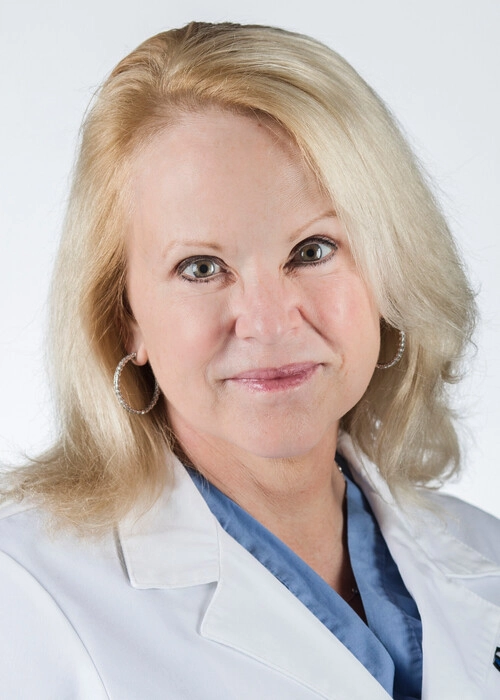Women's Health
When pregnancy doesn't come easy
Published: Jan. 15, 2024

It’s a problem many couples don’t like or want to talk about but causes very real heartbreak: infertility. It also happens more often than you think.
You’re not alone
Approximately one in every eight couples struggle with getting pregnant or sustaining a pregnancy. For those trying to start a family, there’s help.
At Methodist Hospital Reproductive Health Specialists, we care for the whole patient, not just the physical body. We want patients to understand that we’re here to care for both their physical and emotional needs and help their families through the diagnostic and treatment process.
When to seek help
The general recommendation is to see a specialist if you’ve been attempting pregnancy for a year without success, but it really depends on the age of the hopeful mother.
I would encourage women who are older to seek care sooner. As most people know, it gets harder to become pregnant as you age. So, if you’re under 35 and have been trying for a year and have not conceived, it’s time to be evaluated. If you are 35, you should probably consider evaluation after six months of trying. If you’re closer to 39 or 40 years old, you may consider evaluation after three months.
Evaluating fertility
An evaluation begins by looking at three key components of pregnancy:
- Hormones of the female patient
- Anatomic evaluation of the female patient (uterus, fallopian tubes and ovaries)
- Semen analysis
Getting an evaluation begins what may be a long journey with a team of experts working toward one goal.
The longer you wait, the more complicated achieving pregnancy could become. It’s always very sad to me when someone comes into the office and says they’ve been trying to have a baby for 8 or 10 years. That’s a long time to struggle, and it could potentially put you at a disadvantage when you wait that long.
Take the first step. We’ll walk you through the journey. You never need a referral to seek help from a Methodist reproductive endocrinologist.


